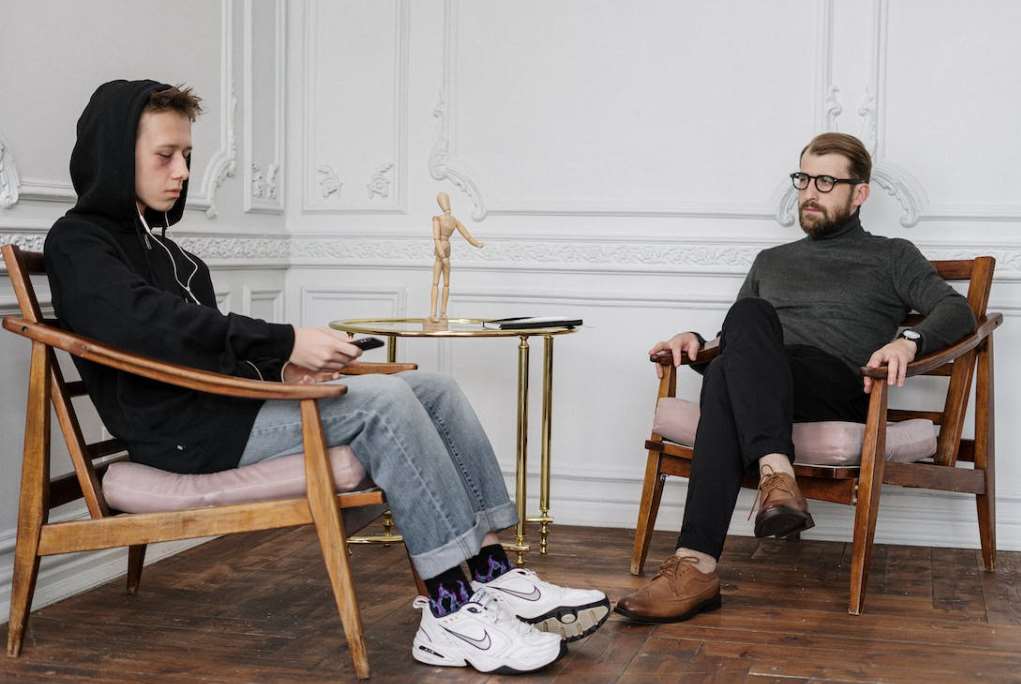
Psychology students are interested in how the mind works, and they want to use their knowledge of psychology to help people with problems. However, not all psychology students are good at critical thinking. Critical thinking is important because it helps us prevent assumptions that are not based on reason and science. In this post, we will explore what critical thinking means for psychology students as well as why it is so important for them to master this skill before becoming a professional psychologist or therapist.
A psychologist is a person who studies the human mind and behavior. They are trained in areas such as cognitive, social, developmental, clinical, and health psychology. Psychologists work in many different settings including hospitals, schools, and private practices, they are also perform research on human behavior. Some psychologists focus on one area of study while others combine multiple areas of study into their professional practice.
For example, a clinical psychologist may specialize in treating people who have been diagnosed with mental illness or substance abuse issues. A developmental psychologist would likely work with children and adolescents to help them develop life skills that will help them succeed later in life.
Psychologists work with patients/clients individually or in groups depending on their specific area of expertise. Many psychologists provide services like therapy or counseling while others may offer assistance with interpersonal relationships or decision-making skills.

I think that after reading the title, each of you thought about what is critical thinking, well, critical thinking is the ability to analyze situations rationally, logically and objectively. It is the process of applying logic to evaluate if something is true, right or valid. Critical thinking involves examining assumptions and asking questions, then determining the validity of those assumptions and answers.
The goal of critical thinking is to achieve a better understanding of one’s own thoughts through questioning, analyzing and evaluating them. It’s also about questioning other people’s thoughts and ideas to determine their validity. A good critical thinker will be able to evaluate ideas without being influenced by personal bias or emotions.
A risk management heat map identifies, assesses, and controls risks arising from operational activities and business processes.
Critical thinking is an important skill to have when it comes to dealing with people and their problems. It helps you stay objective, avoid bias and influences from your emotions. In order to get a better understanding of these things, it’s important that you learn how they work as well as what they mean within the context of psychology.
A good way to start learning about these things is by taking a psychology course. This will give you an overview of the topic, as well as help you develop the skills needed to become a critical thinker in your own right.
Psychology is a scientific field that studies the human mind and behavior. It’s important for students in this field to be able to think critically about what they’re studying, since it helps them develop an objective understanding of the topic. This can be difficult because psychology often deals with complex issues such as love, personality and emotions—things that are hard for people to understand but easy for their feelings about them to influence their thinking.
The consequences of a lack of critical thinking in the psychologist profession are that psychologists may not be able to make accurate diagnoses, and they may not be able to provide effective treatment.
Psychologists need to be able to think critically about their patients’ symptoms and behaviors so that they can make diagnoses. If they do not use critical thinking, this may result in misdiagnosis or no diagnosis at all. For example, if a patient has delusions of persecution, a psychologist who does not use critical thinking may believe that this is just normal behavior for the patient.
In addition, psychologists need to think critically about their patients’ problems so that they can provide effective treatment options. If they do not use critical thinking, this may result in ineffective treatment options being provided because there was not enough time spent on finding solutions. For example, if a patient is having trouble sleeping due to nightmares and anxiety about these dreams, a psychologist who does not use critical thinking may prescribe sleeping pills instead of helping the patient find ways to cope with or stop having nightmares altogether.
Critical thinking is important for psychology students to help prevent them from making assumptions that are not based on reason and science. Critical thinking helps us recognize biases in our thinking and how they can affect our conclusions. It also helps us identify when we need more evidence before reaching judgment on a topic.
